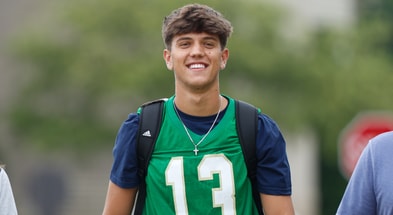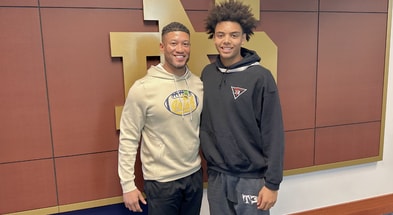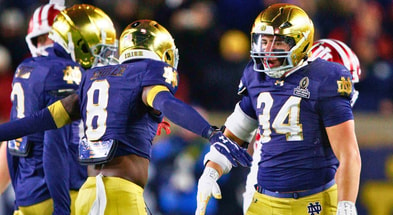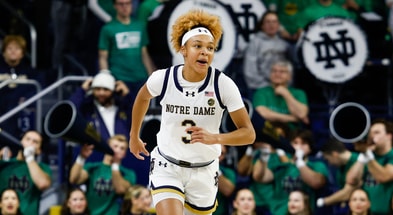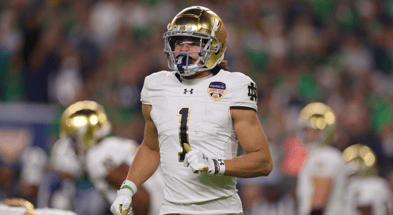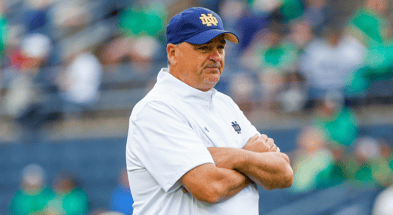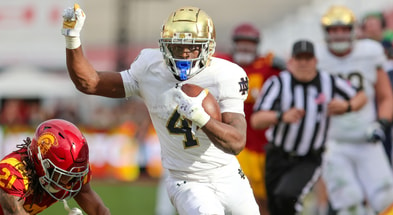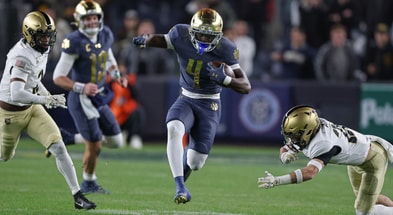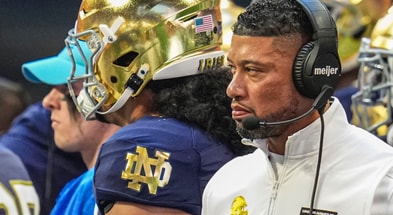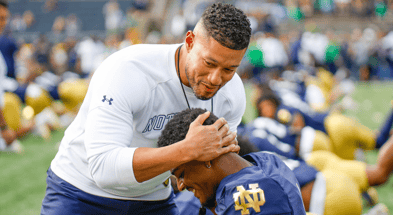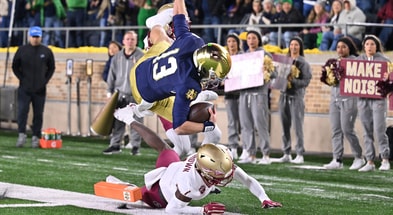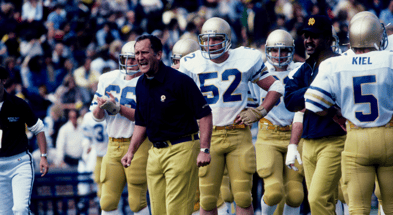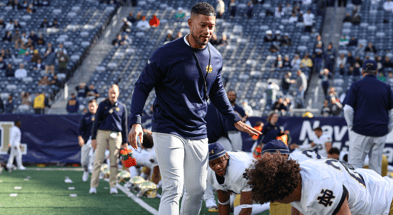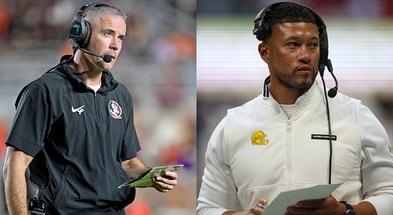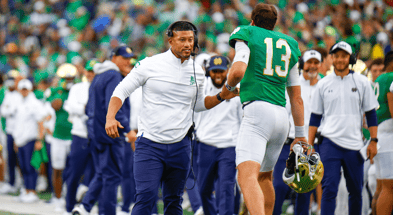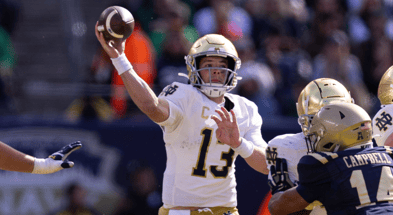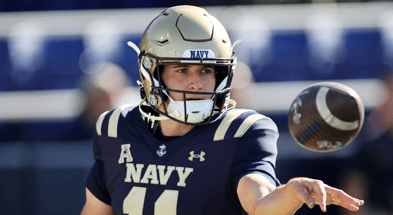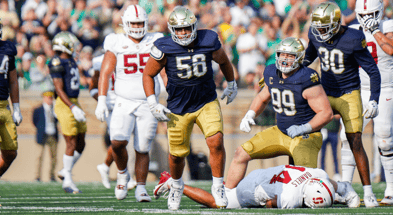What Notre Dame coach Marcus Freeman said about Nico Iamaleava leaving Tennessee

It’s transfer portal eve in college football. The spring window for student-athletes to officially hop in and leave their current institutions for new ones opens Wednesday, April 16, and Notre Dame just might have a quarterback take part in the fun and games.
It just won’t occur on the same terms by which it happened at Tennessee over the weekend.
Former Volunteers quarterback Nico Iamaleava — emphasis on former — didn’t show up for practice Friday morning. He didn’t give a reason for why, either, until it was reported by ESPN’s Chris Low that it had to do with a falling out linked to name, image and likeness (NIL) payments.
Iamaleava was reportedly in the ballpark of a $2 million NIL contract. He wanted it doubled to $4 million. String pullers at Tennessee wouldn’t budge. Before the weekend was over, the Vols and their past, present and future QB1 had officially separated. It became clear Iamaleava was destined to suit up for a new school this fall, just like that.
In a way, Notre Dame head coach Marcus Freeman wasn’t all that surprised. Not because he knows Iamaleava or anyone involved at Tennessee. Rather, because he knows how monetary transactions are made — or not made — in the NIL era.
“That was a situation that became public, but I think it happens all over the country,” Freeman said on The Hard Count with J.D. Pickell. “You have representatives for players and representatives for the university that are kind of having those discussions, but that one was a public one.
“The reality is, our players are getting compensated. Deserve to get compensated. What you don’t want to do, which I’m sure you’ve heard many coaches say, you don’t want players to make a temporary decision based off a temporary situation that’s going to affect them longterm. Transactional decisions aren’t always the best ones for your future.”
If a quarterback leaves Notre Dame any time in the next 10 days, it’ll likely have more to do with playing time and less to do with dollar signs. Freeman acknowledged on Pickell’s show, as he has for a while now via different platforms, that Notre Dame has three quarterbacks who could win games for the Fighting Irish; senior Steve Angeli, junior Kenny Minchey and sophomore CJ Carr. Only one of them will be on the field at Miami on Aug. 31.
Top 10
- 1Breaking
Jaydn Ott
Top transfer RB signs with OU
- 2Hot
Potential landing spots
For Nico Iamaleava
- 3Trending
Mel Kiper
3-Round Mock Draft
- 4
Marcus Freeman
Reacts to Nico Iamaleava
- 5
Brian Kelly reflects
On Kyren Lacy
Get the On3 Top 10 to your inbox every morning
By clicking "Subscribe to Newsletter", I agree to On3's Privacy Notice, Terms, and use of my personal information described therein.
None of the three skipped practice the day before the Blue-Gold Game without a notice as to why. They all played in it, and played well, heading into the final week of Notre Dame spring practices. If anything, Freeman’s impending decision was only made more difficult by way of the performances of his signal callers in the Irish’s program’s 94th playing of the spring game.
When and if one of them decides Notre Dame is not in his best interest moving forward, Freeman will probably be more fine with it than Tennessee coach Josh Heupel seemingly was about Iamaleava essentially quitting on the Vols. Iamaleava, after all, made what Freeman would call one of those “transactional decisions.”
Angeli, meanwhile and for example, has two years remaining to become a starting quarterback in college football. If he doesn’t win the job at Notre Dame, he’s well within his right to seek one elsewhere. Time is ticking. Same goes for Minchey if he’s beat out on the depth chart by someone younger than him in Carr. That writing is on the wall, spelled out plain as day, even though he has three years of eligibility at his disposal.
A Notre Dame quarterback leaving South Bend via the portal would be big news. No doubt about it. But it wouldn’t be bigger news than the Iamaleava saga. It shouldn’t ever be as big of news as that, Freeman contended.
“Every situation is different,” Freeman said. “Every football program is different. But at the end of the day, you want to do what’s right for college football — between what’s right for college football but also what’s right for our players. You don’t want this public disagreement to really tarnish what’s really good about our profession and our sport.”

